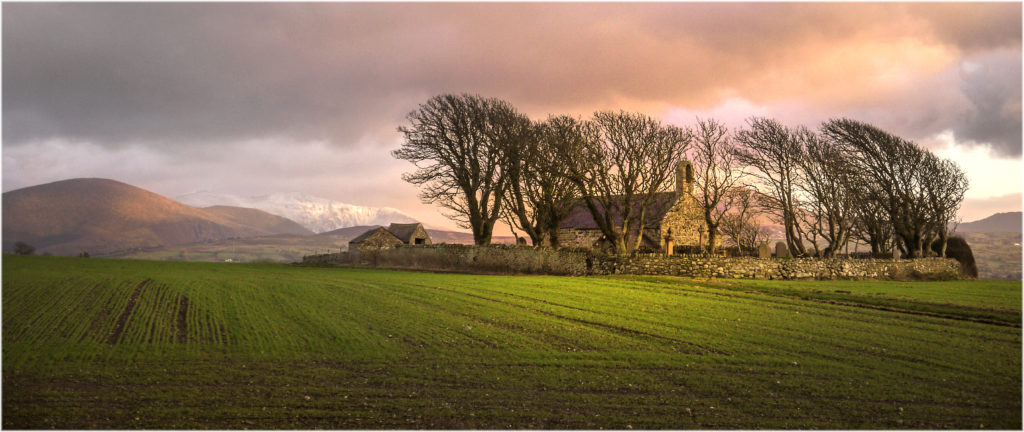So what do you do?
You are a health / social care professional. You have read up on the lawfulness of funding panels – but you now find yourself required to attend a panel to agree funding on a large package for someone with a substantial need for care and support. The panel has some esoteric title – but it is really a ‘rationing’ panel. Cases are often delayed (often sent back for more information) and care packages generally reduced (never increased).
You have in the past raised issues about risk and questions about urgency however these have been stonewalled. This causes you significant personal and professional concern – not least the risk posed to the persons in need, who are being left in dangerous unmanaged circumstances. Not only are people who don’t have first hand knowledge of the individual’s circumstances questioning / disputing packages of care you consider necessary, but they are also questioning your assessment and leaving you holding the risk.
What should you do?
It’s a difficult situation. You are working within an organisation that does not appear to be acting in a reasonable or, indeed, in a lawful way. Clearly the people you are assessing (and for whom you are care planning) are able to complain – but you know full well all the reasons why they are unlikely to do this. You could point them in the direction of an advice agency – but that could put you in an invidious position and there is a considerable shortage of support of this kind.
What do you do if senior officers are actively challenging you – when all you are doing is trying to follow your judgment and the law? In the case of a complaint’s investigator who considered she was being bullied – she contacted the ombudsman – without success (see ‘Omg … will it never end’).
This website focuses on the rights of disabled people, carers and their families, but it is patently obvious that day in day out countless front line workers in many (but not all) local authorities and the NHS face these challenges. It would be good if someone was able to write a piece explaining what can be done. This is a subject that the School of Law at Leeds Univeristy (Cerebra LEaP project) hopes to research but pending this it would be valuable to have ideas about what can be done. It may have to be an ‘authors name withheld’ piece, for all the predictable reasons.
Suggestions – in confidence – would be welcome.
Photograph of ‘Llanfaglan’ by Richard Jones -@lluniaurich
.

